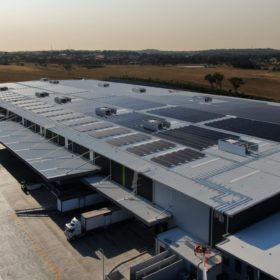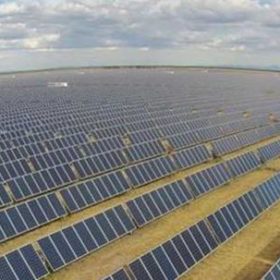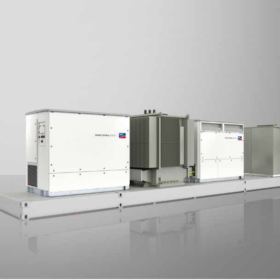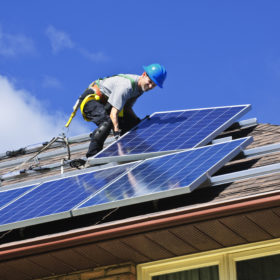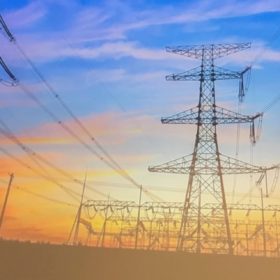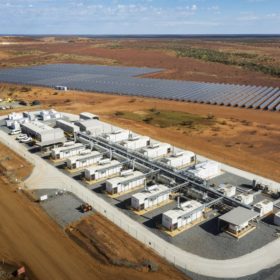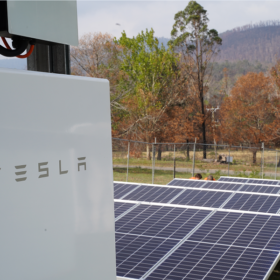Big rooftop solar in the cities: dynamic switching is key
Epho Commercial Solar has developed a proof point for urban solar power stations that can flexibly deliver clean energy behind the meter to commercial customers and replace fossil fuels at the heart of the NEM.
Amazon announces 105 MW solar farm in NSW
The e-commerce giant will add a second utility-scale PV project to its renewables portfolio in Australia as it seeks to offset its local carbon footprint.
Australia’s technology roadmap to lower emissions: Gas, CCS, coal and nuclear on the cards
A national Technology Investment Roadmap, which is intended to drive a successful shift to secure, more affordable energy and lower emissions, has flagged support for new gas investments, carbon capture and storage, and “emerging nuclear technologies”. The long-awaited document has prompted a flurry of reactions.
SMA to supply Australia’s biggest solar farm
The Western Downs solar farm will deploy German power electronics fabricated locally in Australia, with SMA announcing it has picked up a contract to supply the 400MWac development.
BayWa and GSES partner up to skill up the solar industry
Solar wholesaler BayWa r.e. is partnering with industry trainer Global Sustainable Energy Solutions (GSES) on training provision seeking to ameliorate a noticeable lack of quality control within the rapidly growing solar industry.
Myanmar launches 1 GW solar tender
The country’s Ministry of Electricity and Energy is seeking proposals for 30 large-scale solar plants. The selected developers will be awarded 20-year power purchase agreements.
Queensland fast-tracks new transmission line to unlock renewables, battery industry investment
The Palaszczuk Government is providing funding to accelerate a $1.5 billion transmission link stretching from Townsville to Mount Isa in North Queensland in a bid to stimulate large-scale solar and wind investment and underpin the creation of local battery industry.
56 MW hybrid microgrid powers up at Western Australian gold mine
The unique solar, wind, and battery project has been completed at Gold Fields’ Agnew Gold Mine, marking Australia’s largest hybrid microgrid of its kind.
5B partners with Risen Energy to help bushfire communities
Risen Energy Australia has been confirmed as a solar panel partner on the Resilient Energy Collective bushfire relief campaign, which aims to install stand-alone solar and Tesla battery systems at up to 100 sites around Australia.
2 GW of renewable energy and a ‘Just Transition’ headed to Central Queensland
Energy Estate and RES are partnering to put together 2 GW of solar, wind, energy storage and transmission infrastructure in the Fitzroy REZ, in what the duo is calling the Central Queensland Power projects.
